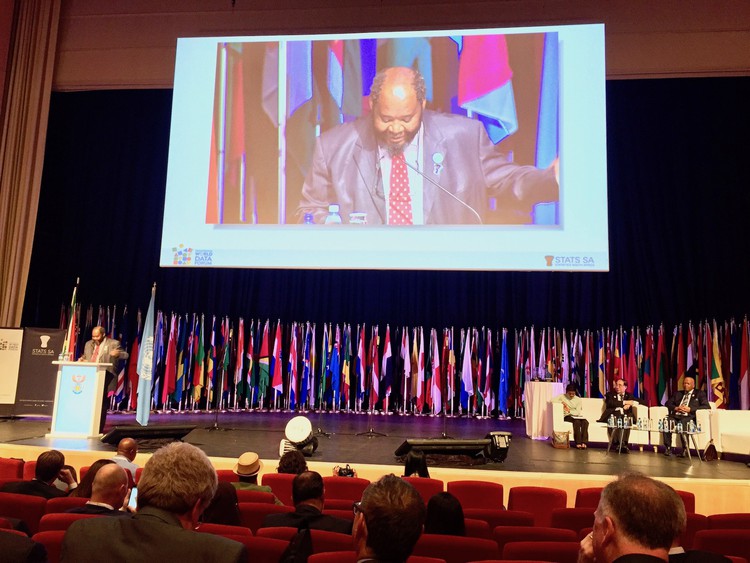South Africa lacks statistics on gender
Public access to data crucial to address sex and gender based crime
In January, South Africa hosted the first-ever United Nations World Data Forum. The four-day conference, held in Cape Town, was attended by statisticians from across Europe and Africa and representatives from the United Nations and the World Bank.
Topics discussed included how the international community could promote public access to statistics and strengthen government and civil society partnerships to promote transparency in statistics.
Statistics are much more than numbers; they are crucial for formulating good policy and laws, for determining budgets and for where countries should allocate resources. Statistics build public trust in state institutions and show how well institutions are performing. Ideally, statistics should be accurate, transparent, easily accessible and intelligible to the public.
Gender is one key area where South Africa lacks good statistics. For example, annual crime statistics released by the South African Police Service (SAPS) has one total for “sexual offences”.
But there are many kinds of sexual offences under South African law, covering everything from bestiality to child pornography to rape.
At the most recent presentation on crime statistics to Parliament, it is problematic that SAPS only included “total sexual offences” as a subcategory of “all contact crimes”.
Furthermore, the total sexual offences figure was not disaggregated by gender or the age of victims.
Without accurate and disaggregated gender data, it is difficult to formulate policy and effectively allocate the financial, educational, and legal resources required to reduce sex and gender-based crimes.
To perform its role, civil society also requires transparently produced and publicly accessible figures from national statistics organisations. Civil society groups often utilise the Promotion of Access to Information Act to compel government agencies to disclose records (as long as such disclosure is in the public interest and does not compromise economic or national security).
However, human rights organisations have faced significant challenges in obtaining gender data from SAPS – such as disaggregating the total sexual offences figure. It would seem that greater awareness must be raised about the importance of disclosing disaggregated statistics.
Much advocacy will be required before statistics are openly shared and understood amongst government institutions, civil society, and the public. South Africa’s initiative to host the first-ever United Nations World Data Forum was a good start.
Misha Munim is a law graduate completing her articles with Lawyers for Human Rights, Cape Town.
Views expressed are not necessarily GroundUp’s.
Next: SASSA withdraws application to Constitutional Court hours after filing it
Previous: Land reform favours businesses, not the poor, say researchers
© 2017 GroundUp. 
This article is licensed under a Creative Commons Attribution-NoDerivatives 4.0 International License.
You may republish this article, so long as you credit the authors and GroundUp, and do not change the text. Please include a link back to the original article.



